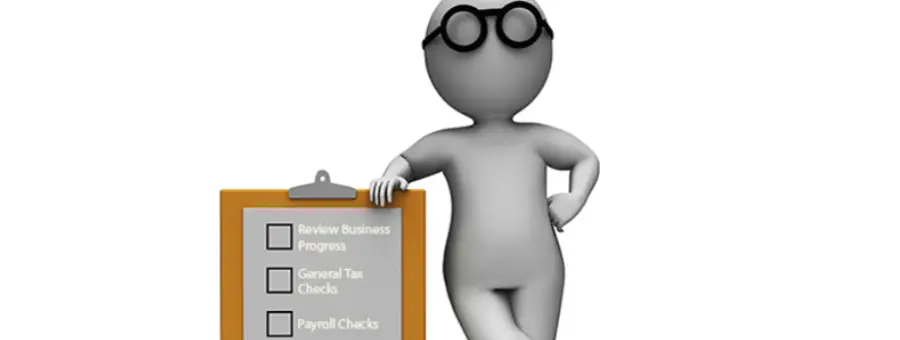
Every business needs a strong ability to deal with the price question from the market.
The steps below can be followed to check and improve this ability for your business:
- Set up a measurement that will tell you, over time, what’s actually happened with respect to price:
- The number and percentage of sales lost due to price;
- Which other business you lost the deals to (if known);
- The number and percentage of sales made where price was ‘reduced’ (according to your own definition of ‘reduced’);
- The reason each reduced priced sale occurred.
- List the business(es) to whom you are losing sales because of the price. Determine whether there is anything you can or should do in future about these losses, e.g. better inform potential customers that your product is superior.
- Check whether the internal belief is that your product represents good value to the purchaser. If this is not the case then you will of course be losing sales to competitors because the potential customers will sense that from your people. Internal education on the value of the product or improving the product offering may be necessary.
- Following on from the previous point, check whether people in your business actually purchase and use the product(s) you market. If this is not the case, and there is no good reason for it not to be the case, then find out why they don’t (doing so respectfully, of course).
- If you are satisfied that your products represent good value and that is reflected in the belief of your own people, then the ability of your people to communicate that to potential customers must be tested. This should be done by observation, mystery shopping reports, marketplace feedback and self analysis. Experiential development of people’s skills to deal with price must be undertaken where weaker spots are identified, meaning improvement through coaching and of how people are actually handling the price issue. Sure, training in theoretical situations can help but real world observation, pairing and coaching is way more powerful and faster in generating improvement.
- Have all staff who have to deal with the price issue select four purchases they have made recently (say over $100) and ask them to state whether they bought the cheapest priced option on the market (e.g. clothes, phone, laptop, jewellery, food, etc.). The answer will be No for most, if not all, of their purchases. Then ask them why they chose a higher priced product than they could have. Their answers will reflect one of two things: the higher priced product represented better value or it more closely met their needs. Either way, they won’t have chosen the product based solely on price. This is an important message for them all to understand, to be able to communicate the same thing to potential purchasers.
- Ensure that you have correctly identified everyone within your business who has to deal with the price issue, not just the frontline people. They must all be included in pricing capability.
- Calculate the price of your product(s) per use, per year or per something else that is meaningful for the consumer. For example, $0.55 per km for a car that costs $55,000 and is used for 100,000 kms, $21.83 per month for a watch that costs $750 and is used for 3 years, $0.78 per hour for a laptop that costs $2,000 and is used for 10 hours per week for 3 years. These calculations heighten the value / use side of the product rather than just the price.
- Ask everyone internally why the business does what it does. If the answer is not clear and powerful you can expect a price problem.
- Ask everyone internally what the business is selling. If the answer reflects the product rather than why the business does what it does you will have a price problem. Compare “We sell medications” to “We want to improve people’s health”. Which do you think will cause a price problem?
It would also be useful to read an associated article we will bring to you in our next newsletter …”Dealing With Price”
Previous Newsletter Articles
Business Tips
HR Information
Contact Us
1300 022 270
enquiries@myabbs.com.au






